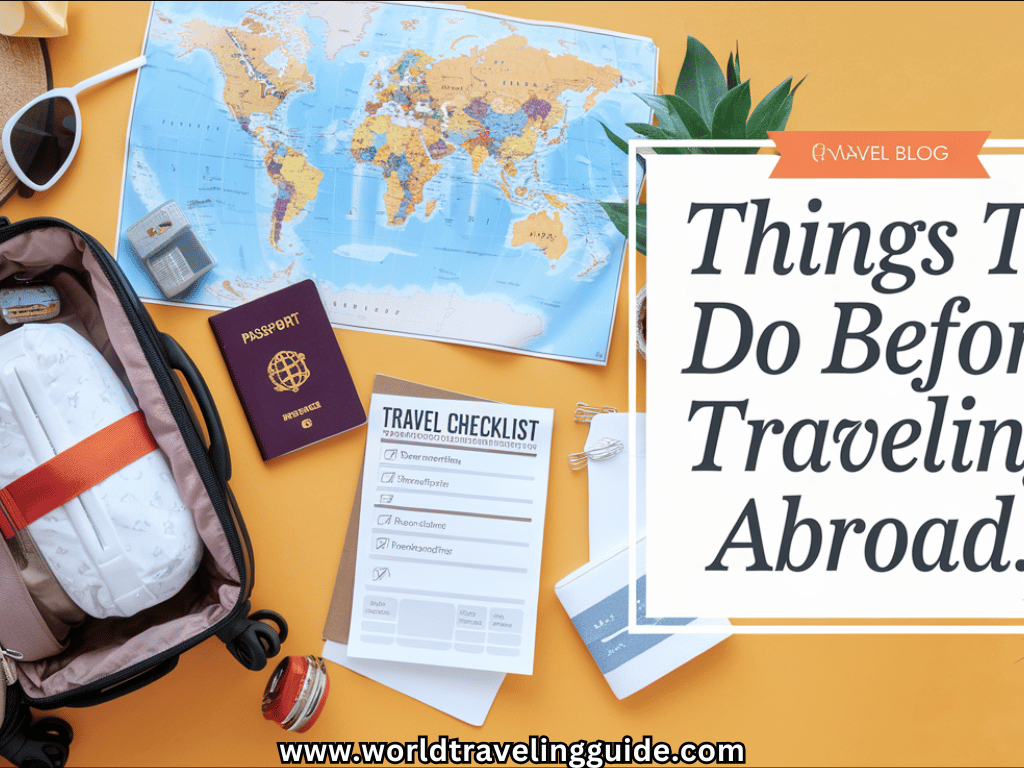How to Book Things as a Travel Agent

Travel booking as a travel agent isn’t just about booking flights and hotels for its own sake. Rather, it is tapping into industry resources, knowing preferences of the clients, and creating amazing experiences.Here is a guide with practical steps How to Book Things as a Travel Agent? and useful tips that will aid in becoming […]
Top 10 Solo Vacations for Guys: Adventure Awaits!

Introduction Solo Traveling is an adventure like no other, offering men the chance to explore the world on their own terms. Whether you’re seeking a thrilling escapade, a relaxing beach getaway, or a cultural immersion, solo travel allows you to embrace freedom and self-discovery. The appeal of venturing out alone lies in the ability to […]
Thing to prepare before traveling abroad- Essential Tips

Introduction Traveling abroad is exciting, opening doors to new cultures, flavors, and experiences. However, without proper preparation, this adventure can sometimes feel overwhelming. Knowing what to handle beforehand, from gathering essential documents to creating a packing list, can ease the transition and help you start the journey confidently. This guide covers practical steps to help […]
